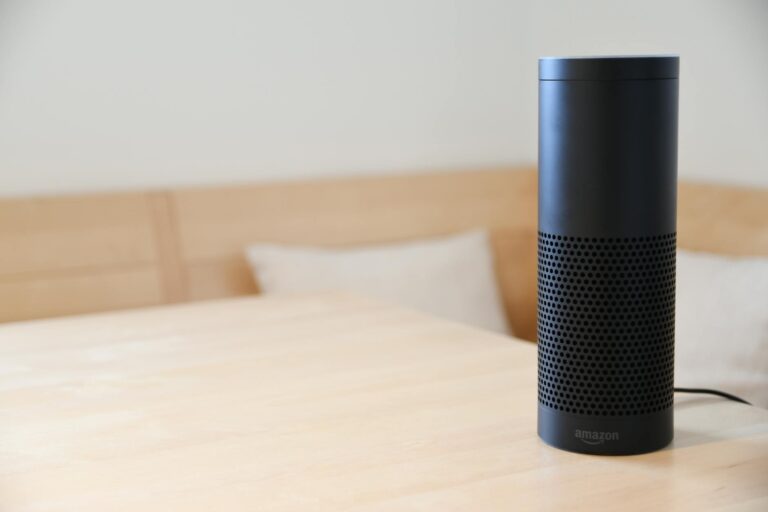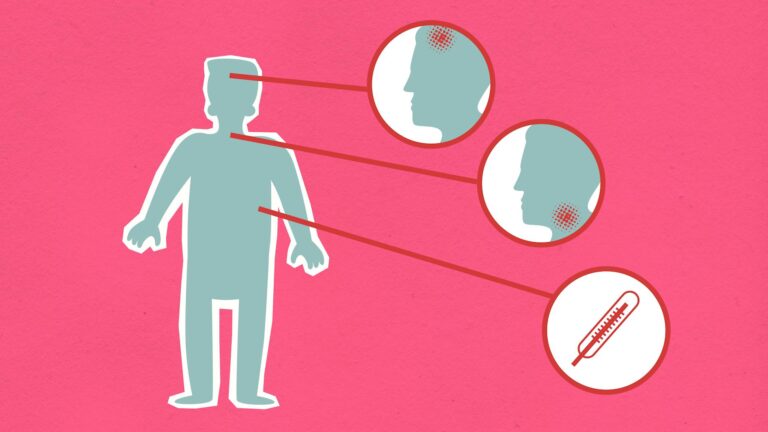In our digital age, data breaches have become a common occurrence. From large corporations to small businesses, no one is immune to the threat of a data breach. But what about your personal information? Have you ever considered the safety and security of your own data, especially when it comes to your personal thoughts and feelings? This is where keeping a daily journal becomes not only a therapeutic activity but also a way to protect your mental health data from potential breaches.
But first, let’s dive into the benefits of keeping a daily journal. Journaling has been proven to have numerous positive effects on mental health. It allows individuals to express their thoughts and feelings in a safe and private space. By writing down our thoughts, we are able to process and understand them better, leading to improved self-awareness and emotional regulation. Additionally, journaling can also serve as a coping mechanism for stress, anxiety, and other mental health issues.
But journaling isn’t just about writing down our thoughts and feelings. It can also serve as a useful tool for tracking our moods, symptoms, and activities. By tracking these elements on a daily basis, we are able to identify patterns and potential triggers for our mental health. This can be especially helpful for individuals who struggle with mood disorders, such as bipolar disorder or depression.
For example, someone with bipolar disorder may notice that their moods tend to be more stable when they engage in certain activities, such as exercise or spending time with loved ones. On the other hand, they may also notice that certain activities or triggers lead to a shift in their mood, allowing them to take proactive steps to manage their condition.
By keeping track of symptoms, individuals can also have a better understanding of the severity of their condition. This information can be extremely beneficial when seeking help from a mental health professional. Instead of relying solely on memory, individuals can provide concrete evidence of their symptoms and how they have changed over time, leading to a more accurate diagnosis and treatment plan.
But what about the potential of a data breach? In recent years, there have been numerous high-profile data breaches, where personal and sensitive information has been compromised. This puts individuals at risk of identity theft, financial fraud, and even psychological harm.
While it may seem like personal journals are immune to such breaches, think again. With the rise of digital journaling apps and online platforms for journaling, our private thoughts and feelings are now vulnerable to cyber attacks. This is where keeping a physical journal can be a safer option. By using a pen and paper, there is no risk of a data breach as long as the journal is kept in a secure location.
For those who prefer digital journaling, there are still ways to protect your data. Firstly, choose a reputable and secure app or platform to journal on. Make sure to read reviews and research their security measures before committing to one. Secondly, consider using a password or encryption feature to further protect your entries. And finally, be mindful of what you write in your journal and avoid sharing sensitive information that could put you at risk.
In addition to protecting your mental health data from potential breaches, keeping a daily journal also serves as a form of self-care. Taking time out of our busy lives to sit down and reflect on our thoughts and feelings can be therapeutic in itself. It allows us to slow down and be present in the moment, promoting mindfulness and reducing stress.
In conclusion, keeping a daily journal not only has numerous mental health benefits but it also serves as a way to protect our personal data from potential breaches. Whether you choose to use a physical journal or a digital platform, the important thing is to make it a habit and prioritize your mental health. By tracking our moods, symptoms, and activities, we can gain valuable insight into our mental well-being and take proactive steps to maintain it. So why not give it a try and start journaling today? Your mental health and personal data will thank you.





